Hemp Seeds تخم بھنگ
₨ 300 – ₨ 900
- Premium Quality
- Fresh
- Organic
- Chemical free
- Safely processed and packed
Overview
Hemp seeds, also known as hemp hearts, are the seeds of the hemp plant (Cannabis sativa). They are highly nutritious and have gained popularity in recent years due to their potential health benefits and versatility in cooking. Technically a nut, hemp seeds are very nutritious. They have a mild, nutty flavor and are often referred to as hemp hearts. Hemp seeds contain over 30% fat. They are exceptionally rich in two essential fatty acids, linoleic acid (omega-6) and alpha-linolenic acid (omega-3).
Benefits
Hemp seeds are a nutritional powerhouse, providing a good balance of protein, healthy fats, dietary fiber, vitamins, and minerals.
Hemp seeds are a complete protein source, meaning they contain all nine essential amino acids that the body cannot produce on its own. This makes them a valuable protein option for vegetarians, vegans, and those looking to increase their protein intake.
Hemp seeds contain a favorable ratio of omega-3 to omega-6 fatty acids, which is important for maintaining heart health. The presence of alpha-linolenic acid (ALA) and gamma-linolenic acid (GLA) in hemp seeds has been linked to reduced inflammation, improved cardiovascular function, and lowered risk of heart disease.
The anti-inflammatory properties of hemp seeds may help alleviate symptoms of various inflammatory conditions, such as arthritis.
The fatty acids in hemp seeds, including omega-3s and omega-6s, contribute to healthy skin by supporting hydration, reducing inflammation, and promoting overall skin health.
Hemp seeds are a good source of dietary fiber, which supports digestive health by promoting regular bowel movements and aiding in the maintenance of a healthy gut microbiome.
The combination of protein and dietary fiber in hemp seeds can help promote satiety and control appetite, potentially contributing to weight management efforts.
Hemp seeds contain essential minerals like calcium, magnesium, and phosphorus, which are important for maintaining strong and healthy bones.
The GLA content in hemp seeds has been linked to hormonal balance and may help alleviate symptoms associated with PMS (premenstrual syndrome) in some individuals.
Hemp seeds contain phytochemicals such as phytosterols and antioxidants, which contribute to their potential health benefits and may play a role in supporting the body’s defense against oxidative stress.
How to Consume
Hemp seeds are known for their nutty flavor and can be consumed in various ways:
- Raw: They can be eaten as a snack on their own.
- Ground: Hemp seeds can be ground into a powder and added to smoothies, yogurt, or oatmeal.
- Cooking: They can be added to salads, soups, or baked goods.
- Hemp Oil: Hemp seeds can be pressed to extract hemp oil, which is rich in omega-3 and omega-6 fatty acids. It’s often used as a salad dressing or for cooking.
Nutrition Value
100 Grams of Hemp Seeds Contain:
Calories: Approximately 553 kcal
Carbohydrates: Around 3.5 grams
Dietary Fiber: Roughly 1.2 grams
Sugars: Approximately 1.5 grams
Protein: About 31.6 grams
Fat: Around 48.8 grams
Saturated Fat: Approximately 4.6 grams
Monounsaturated Fat: Roughly 5.9 grams
Polyunsaturated Fat: Approximately 36.2 grams
Omega-3 Fatty Acids: About 8 grams
Omega-6 Fatty Acids: Approximately 28.2 grams
Magnesium: Roughly 700 milligrams
Phosphorus: Approximately 1650 milligrams
Potassium: Around 1200 milligrams
Zinc: Approximately 7 milligrams
Iron: Roughly 14 milligrams
Vitamin E: Approximately 90 milligrams
Vitamin B6: Roughly 0.6 milligrams
Folate: Around 110 micrograms
Thiamin (Vitamin B1): Approximately 1.4 milligrams
Additional information
| Weight | 250 Grams, 1 KG |
|---|


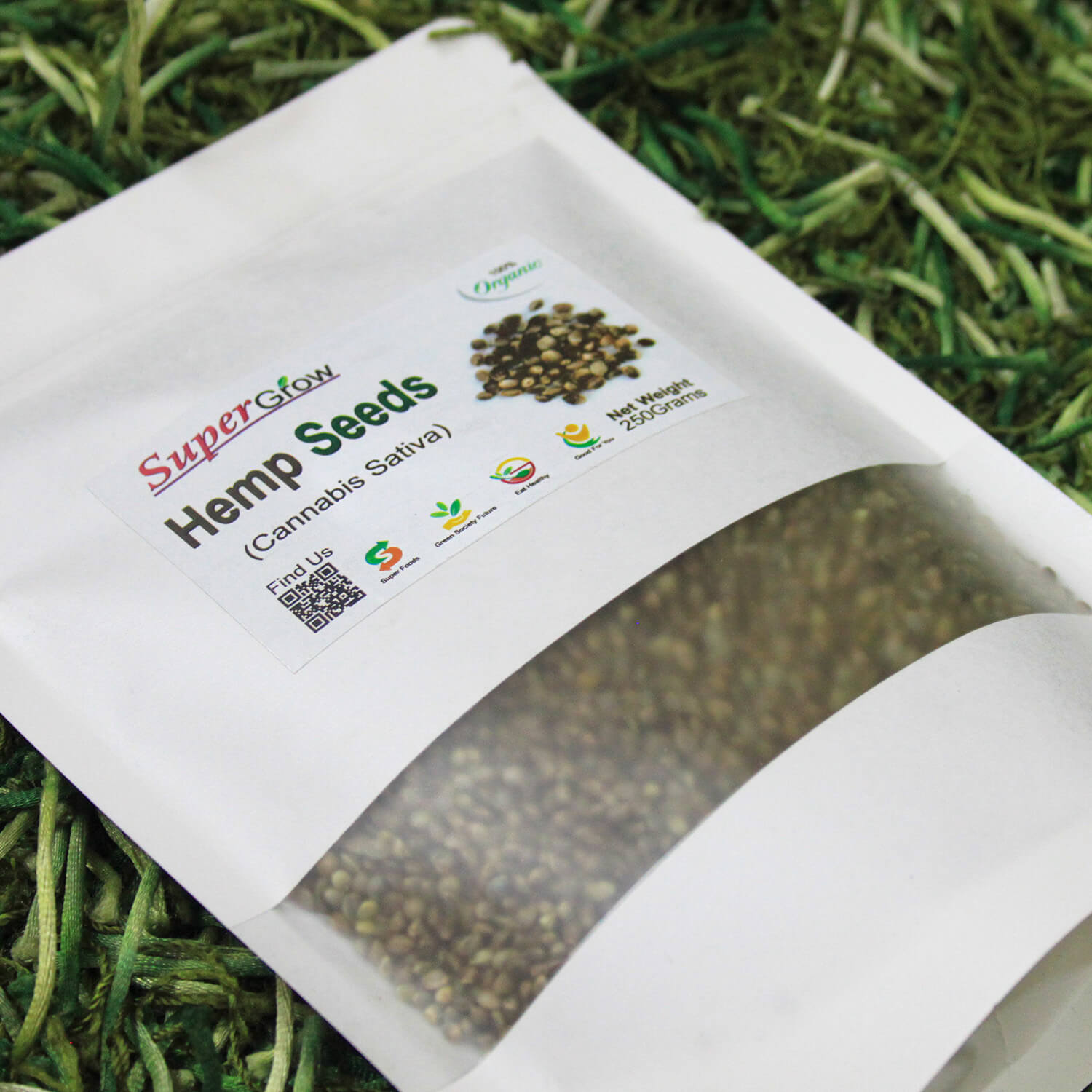
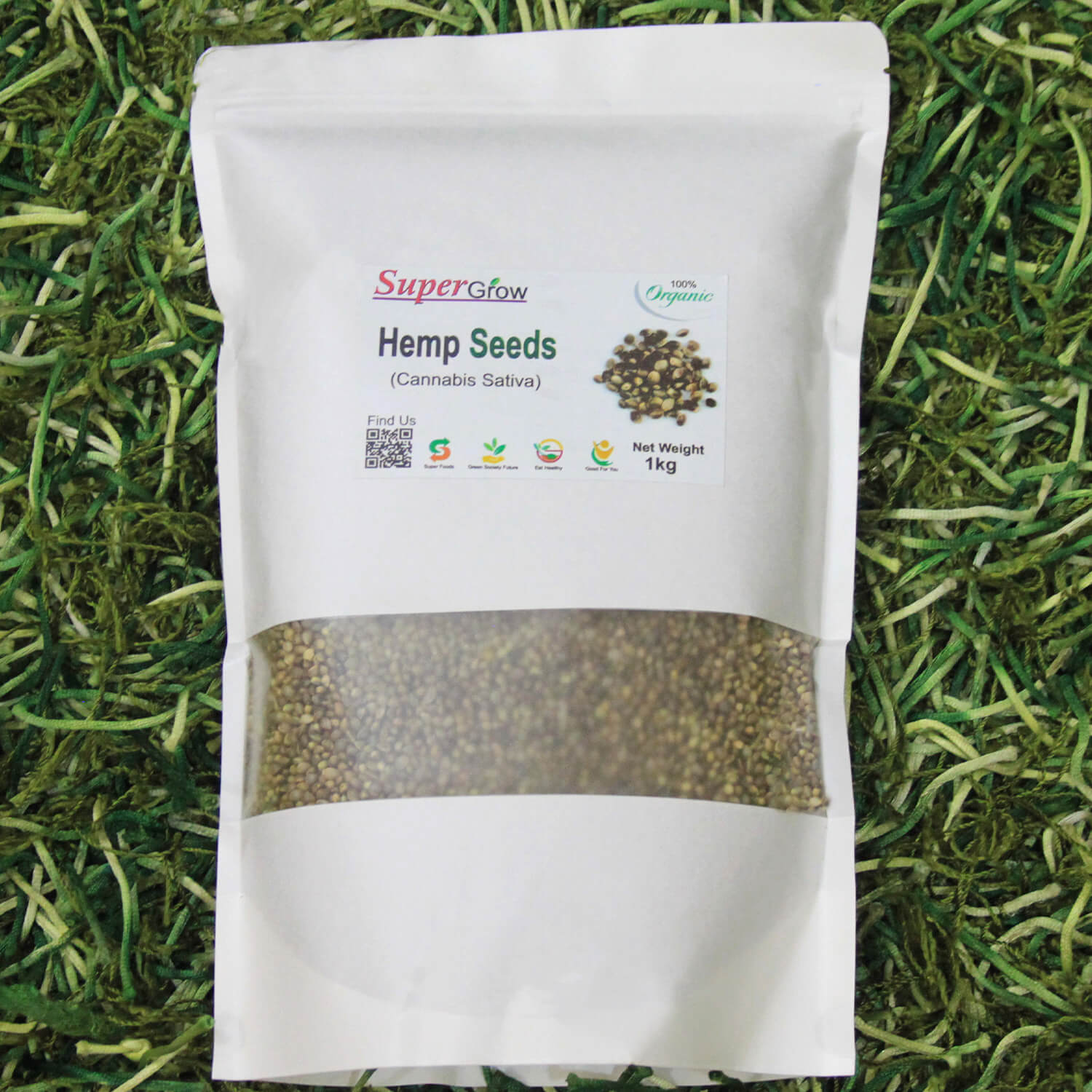
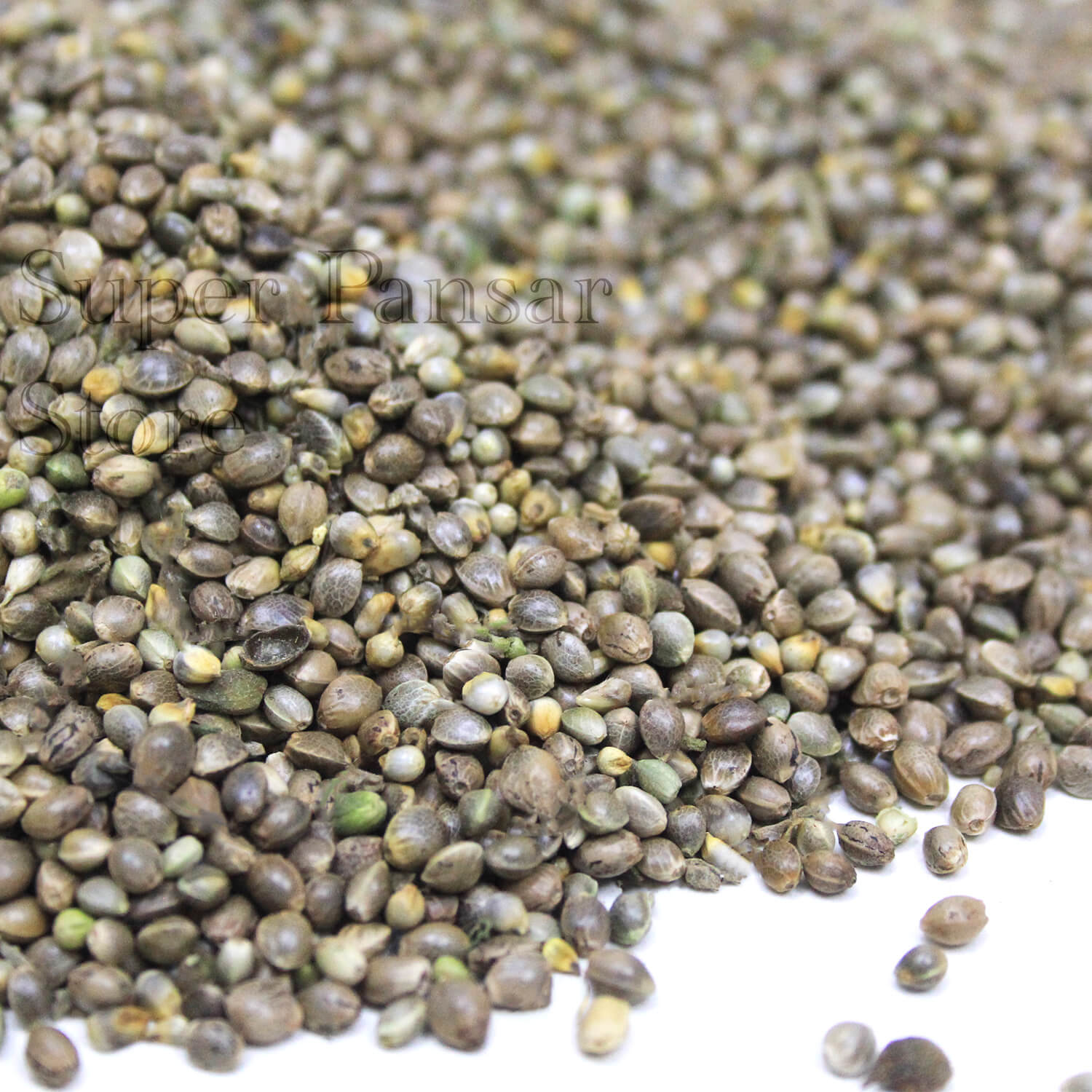




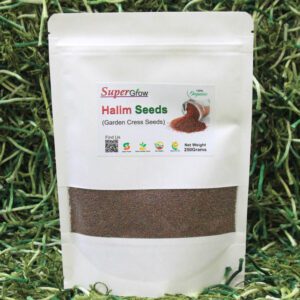
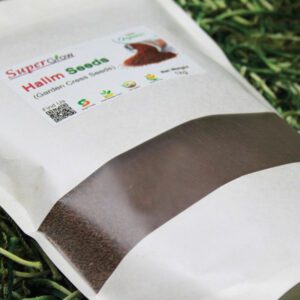


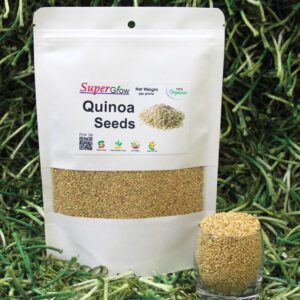
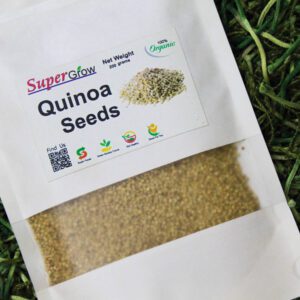
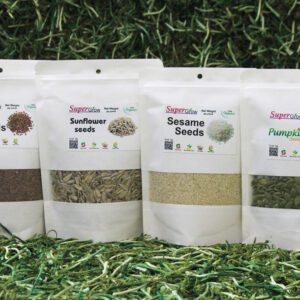

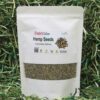
Reviews
There are no reviews yet.